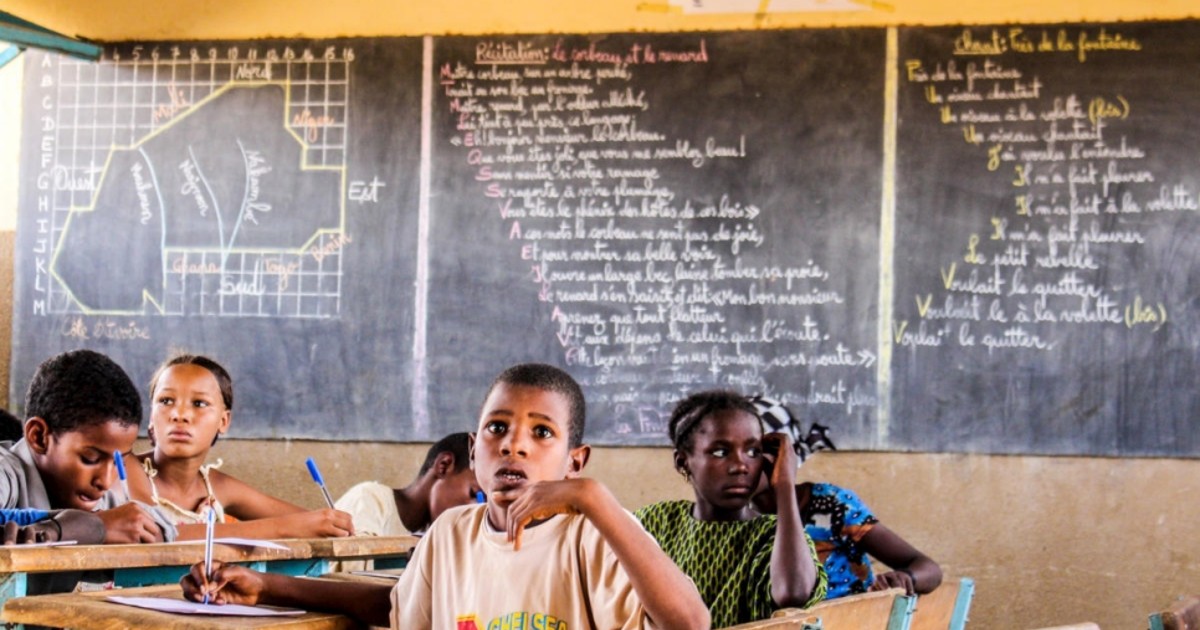There were 5,000 attacks on education and incidences of military use of schools and universities globally in 2021 and 2022.
Qatar Fund for Development (QFFD) pledged $20 million on Sunday to back the United Nations’ Education Cannot Wait (ECW) initiative, the Qatari entity announced.
In cooperation with the Education Above All Foundation (EAA), the donation will support children around the world who have been denied the right to access education due to crises in their home nations.
“Education is a driving force to advance humanity. It serves as the foundation of human and economic development and is key for achieving an equitable, just, and peaceful future for all,” Khalifa Al-Kuwari, QFFD’s Director General, said.
The ECW, a UN “global fund for education in emergencies and protracted crises”, will deliver a 2023-2026 Strategic Plan aimed at benefiting 222 million children and adolescents affected by crises.
“Only by working together can we ensure that we enroll all children into education, especially children in vulnerable communities and those that are hardest to reach, and this is why we are looking forward to working in partnership with ECW and QFFD,” Fahad Al Sulaiti, EAA’s CEO, said.
The pledge is par of Qatar’s growing efforts to support education globally, particularly in areas with the most vulnerable.
In 2020, the UN General Assembly unanimously passed resolution 74/275 to establish 9 September as the International Day to Protect Education from Attack.
This was an initiative proposed by Sheikha Moza bint Nasser, Chairperson of EAA and a member of the UN Sustainable Development Goals Advocates Group.
According to EAA, more than 72 million children across the world are unschooled due to poverty and marginilisation, with 59 million of them being at primary school level and unable to receive an education.
The Qatari royal previously noted that 2020 saw a one third increase in the number of attacks on education in comparison to 2019, a figure that has remained high in 2021.
The 2022 Education Under Attack report said there were 5,000 attacks on education and incidences of military use of schools and universities globally in 2021 and 2022.
Out of the 28 countries profiled, Palestine was ranked as one of three countries most affected by attacks on schools, as it continues to struggle under the ongoing Israeli occupation. The two other countries are Mali and the Democratic Republic of the Congo.
Last year, Qatar launched the Women in Conflict Zones (WICZ) initiative in an effort to empower women and girls living in crisis-hit countries globally.
The WICZ initiative was launched by the QFFD in collaboration with the United Nations Development Programme.







